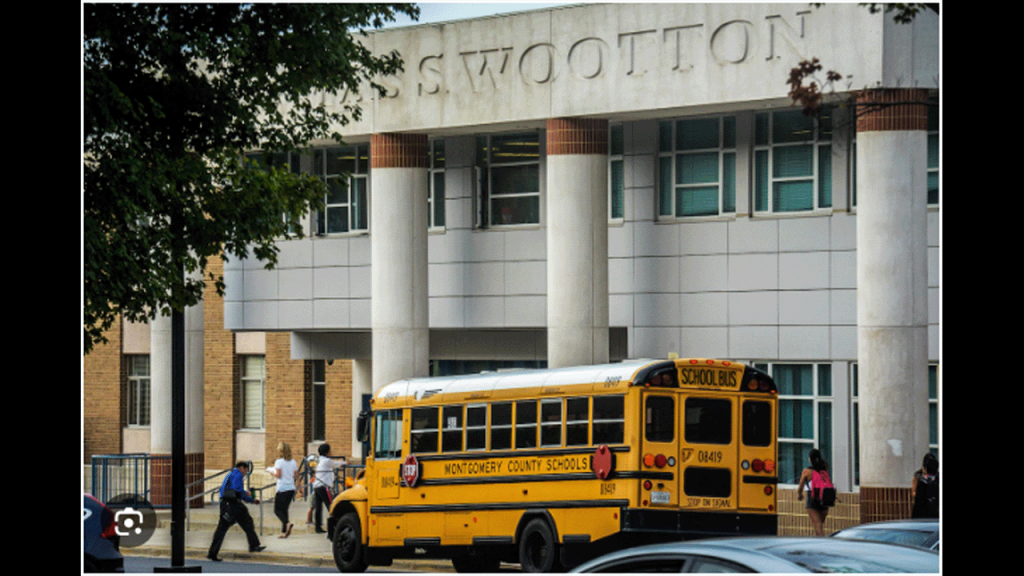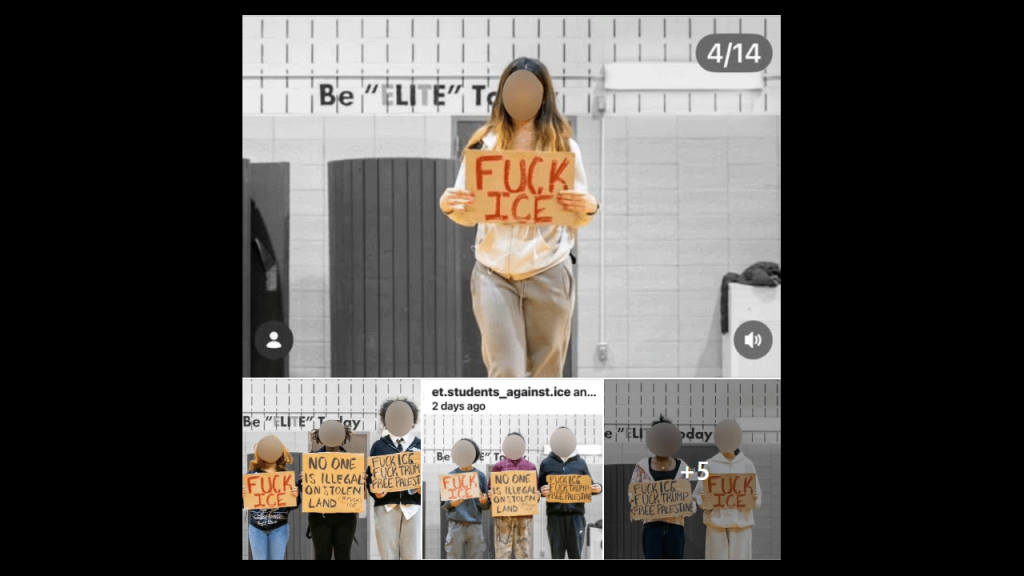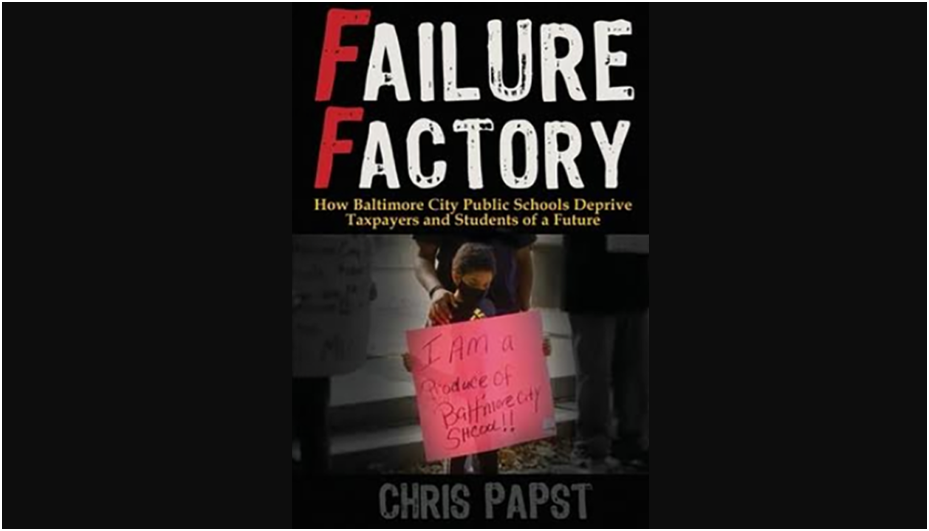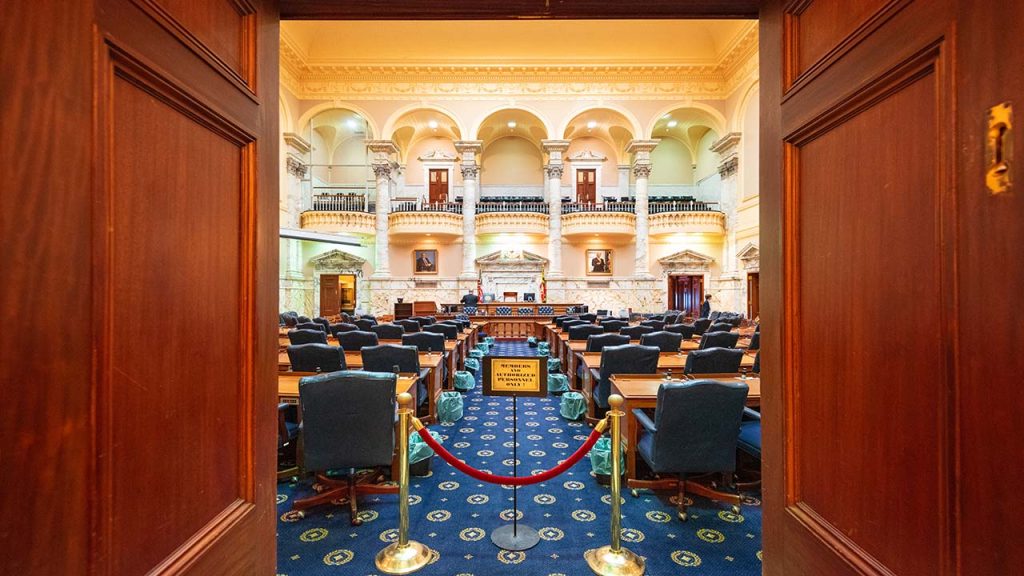
Stop Talking About ‘Gaps’ in Education—Talk About Harm (Opinion)
When I was just starting out as a college professor almost 15 years ago, there was one piece of advice I received from almost every older colleague: “Publish or perish.”
So, with fear in each keystroke, I wrote. I was interested in researching the educational experiences of students of color, and there was a word I endlessly came across that consumed the field of education at the time and to this day—“gap.” Each research article I read told me that there was some type of disparity between Black and white students resulting in an achievement gap, learning gap, income gap, and funding gap.
I read research report after research report that never seemed to explain why white students were “outperforming” Black and brown students, but using the word “gap” somehow justified the separation. The word was ever-present yet nebulous.
Articles and reports filled with data forecast racial disparities in achievement because of a host of socioeconomic factors, language barriers, and public-health issues. One Education Week reporter wrote, “Many experts have since asserted that achievement gaps are the result of more subtle environmental factors and ‘opportunity gaps’ in the resources available to poor versus wealthy children.” Those “experts” rarely mention racial prejudice or discrimination.
Research reports on “gaps” typically fail to recognize racism, anti-Blackness, discrimination, or capitalism as an explanation for these differences. Eminent scholar H. Richard Milner writes that opportunity gaps “show inequities in systems, structures and practices, among other factors, that can prevent children from reaching their potential.” Explanations like Milner’s are needed and a breath of fresh air in such a polluted space of downplaying harm against Black and brown students.
And I would add that, at its core, the “opportunity gap” shows this nation’s racist practices of maintaining inequality through systematically denying opportunities to students of color (e.g., the end of affirmative action and denying Advanced Placement classes).
Similar to how they use “gap,” researchers also use the verbiage “cultural mismatch” to explain away why mostly white teachers lack the cultural knowledge of their students’ home, community, or language to relate to their students of color. These “cultural mismatches” often lead white teachers to have negative assumptions about their Black and brown students. The unchallenging and innocent language of a “cultural mismatch” reinforces the notion that white teachers and Black students’ relationships often exist without a power dynamic, implicit bias, racism, white privilege, and domination.
When I started writing for publication lest I perish, I followed right along placing that blame for the failures of our education system on the faceless, unindictable but infamous arbitrator of educational injustice: the “gap.”
However, over the years, I have learned that the word obscures the harm of racism and anti-Blackness, which are the root causes of the so-called “gap.” To use “gap” implies that white students “outperforming” Black students on standardized tests just somehow happened or is the failure of Black children and their families themselves. Invoking the word “gap” when discussing racial inequality in our education system makes racism illegible. Calling this nation’s failure to adequately and equitably fund Black students’ education a “funding gap” removes the intent of white supremacy to remain in power by underfunding students of color.
The word “gap” also fails to acknowledge the power dynamic that is maintained by withholding and hoarding resources from Black and brown students. It would be easy to think, then, that “gaps” could be closed without any fundamental redistribution of power and resources. But working on eliminating these differences without an anti-racist aim perpetuates racism by pretending it doesn’t exist.
Language is one of our most powerful tools in fighting injustice. If our language does not describe the actual harm and root causes of racial disparities, then we will never address the issues to advance racial justice in education.
Students of color are not experiencing a “gap”; they are experiencing harm, racism, and anti-Blackness.
How to Submit
Education Week Opinion welcomes submissions from a range of perspectives within the K-12 education community. Regardless of your role in education, we want to hear from you.
Dig Deeper With Our Longreads
Newsletter Sign up to get our best longform features, investigations, and thought-provoking essays, in your inbox every Sunday.
The MEN was founded by John Huber in the fall of 2020. It was founded to provide a platform for expert opinion and commentary on current issues that directly or indirectly affect education. All opinions are valued and accepted providing they are expressed in a professional manner. The Maryland Education Network consists of Blogs, Videos, and other interaction among the K-12 community.








